Drinking and Acetaminophen Interaction
When it comes to the interaction between drinking alcohol and taking acetaminophen, understanding the usage of acetaminophen and the effects of alcohol on the liver is crucial.
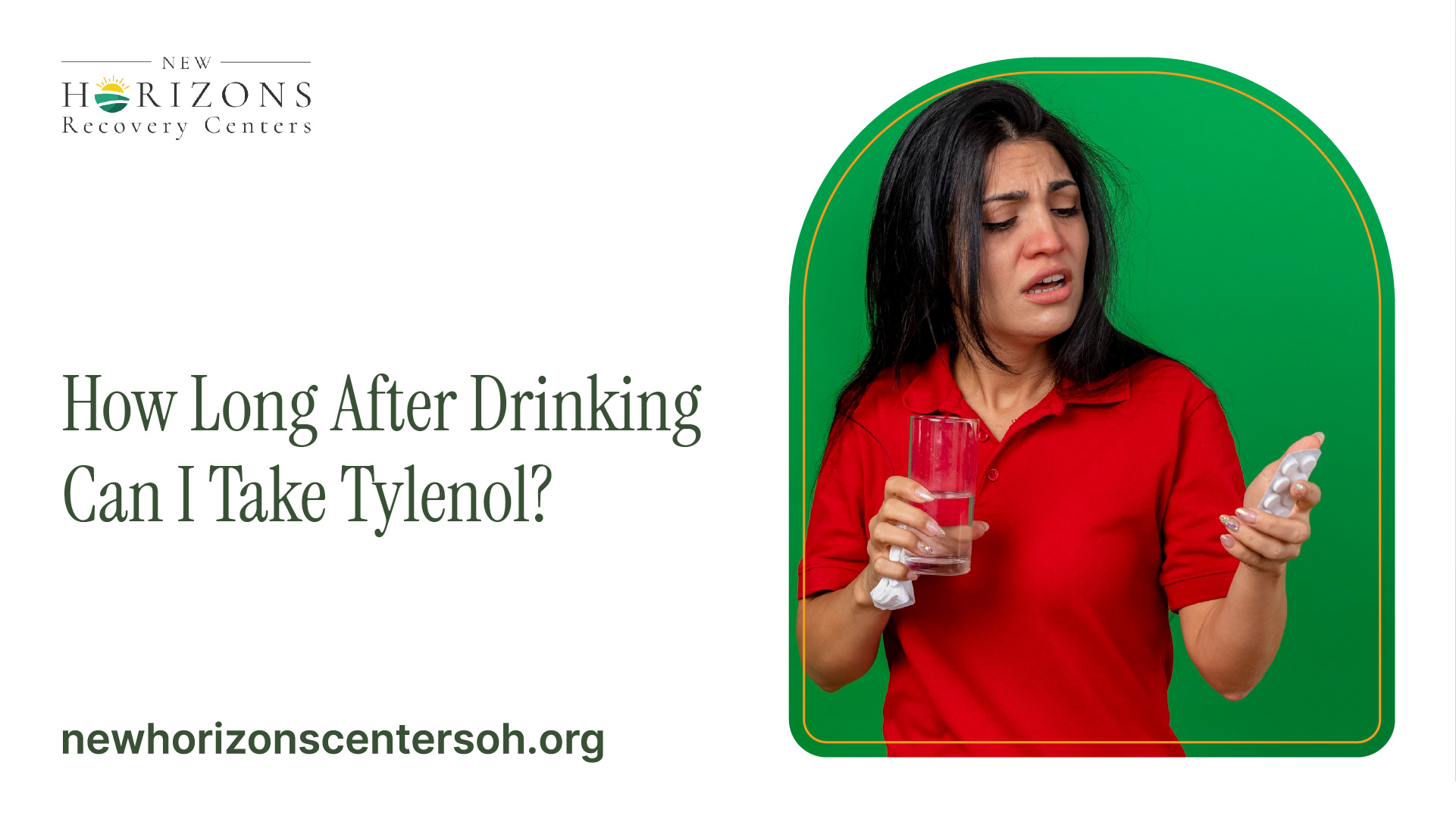
Understanding Acetaminophen Usage
Acetaminophen is a widely used over-the-counter medication known for its pain-relieving and fever-reducing properties. It is commonly found in various products, including Tylenol, and is considered safe when used as directed. However, it's important to follow recommended dosage guidelines to avoid potential liver damage. Taking more than 4000 mg of acetaminophen in 24 hours can lead to severe liver damage, making it crucial to adhere to the specified dosage.
Effects of Alcohol on the Liver
Alcohol consumption can significantly impact the liver, leading to various liver diseases. Regular and excessive alcohol intake can contribute to conditions such as fatty liver, alcoholic hepatitis, and cirrhosis. Fatty liver is the earliest stage of alcohol-related liver disease and affects nearly all heavy drinkers. Alcoholic hepatitis, characterized by liver inflammation and cell destruction, affects around one-third of heavy drinkers. Cirrhosis, a serious and irreversible condition, develops in 10%-20% of heavy drinkers after 10 or more years of alcohol consumption.
Drinking alcohol increases the activity of the CYP2E1 liver enzyme, which leads to the production of a toxic substance called NAPQI. Normally, the liver detoxifies and removes NAPQI, but excessive alcohol consumption can overwhelm this process. Alcohol also reduces the production of glutathione, a substance that helps remove NAPQI, further increasing the risk of liver damage.
Considering the potential liver risks associated with both alcohol and acetaminophen, it's important to exercise caution when combining the two. Mixing excessive alcohol consumption with acetaminophen can make it more difficult for the liver to remove harmful substances, increasing the risk of severe liver damage. It is crucial to be mindful of the amount of alcohol consumed and to follow safe consumption practices when using acetaminophen.
In the following sections, we will explore the risks of combining alcohol and acetaminophen in more detail, including the concerns of liver damage and factors leading to toxicity. It is essential to be aware of the potential risks and take necessary safety precautions to protect your liver health.
Risks of Alcohol and Acetaminophen
When it comes to combining alcohol and acetaminophen, there are certain risks to be aware of. The liver is particularly vulnerable to the effects of both substances, and their interaction can potentially lead to liver damage.
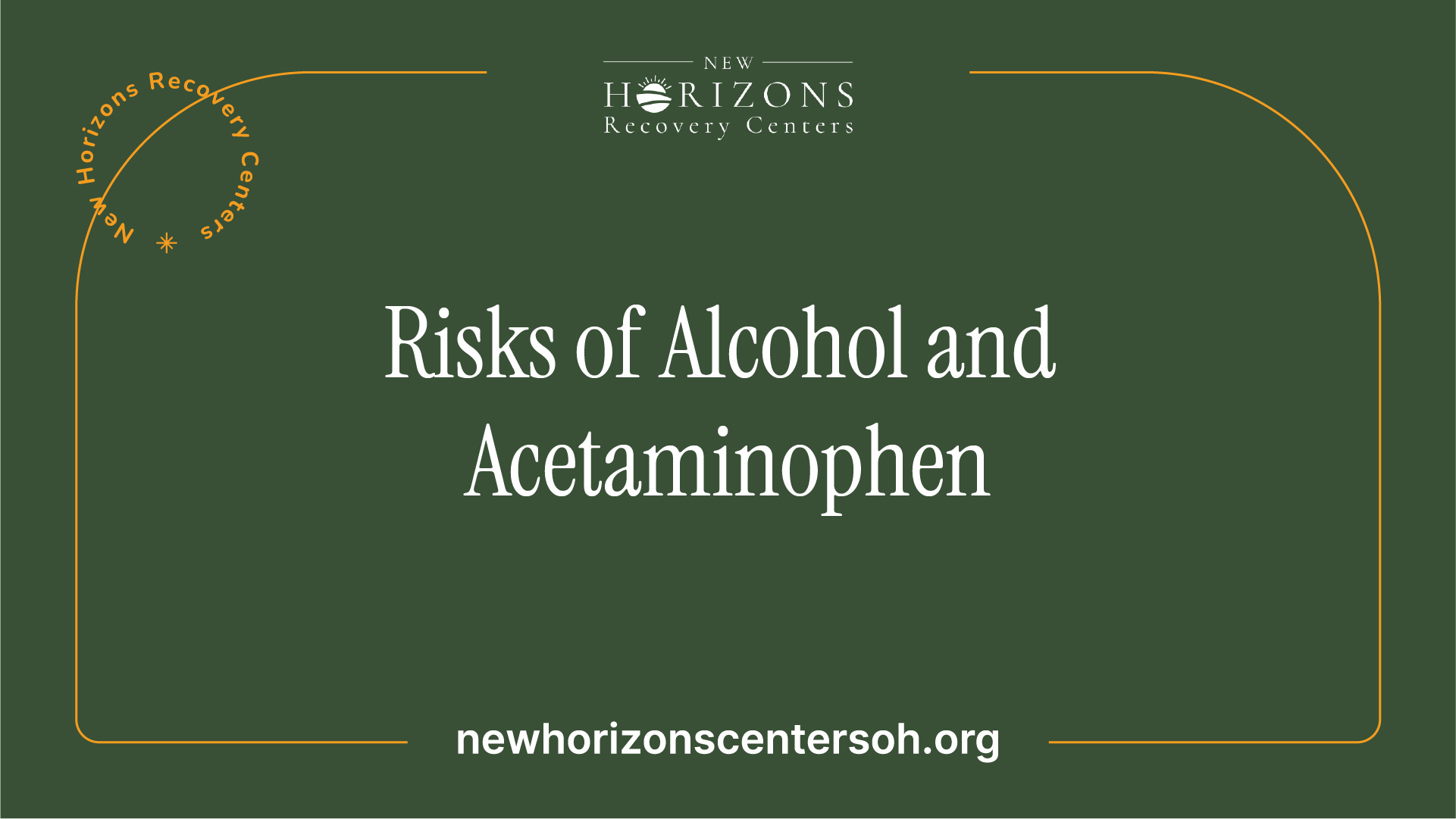
Liver Damage Concerns
Taking too much acetaminophen can cause toxic damage to the liver, a condition known as acetaminophen-induced hepatotoxicity. In fact, this toxicity is the most common cause of acute liver failure in the U.S., resulting in approximately 56,000 hospital visits per year. The risk of liver damage increases significantly if you exceed the recommended dosage or take multiple products containing acetaminophen simultaneously. It is important to follow the recommended guidelines and take only one product that contains acetaminophen at a time.
Alcohol, on the other hand, is known to significantly affect the liver. It can contribute to various types of liver disease, including fatty liver, alcoholic hepatitis, and cirrhosis. Fatty liver is the earliest stage of alcohol-related liver disease and affects almost all heavy drinkers. Alcoholic hepatitis, which causes liver inflammation and cell destruction, affects about one-third of heavy drinkers. Cirrhosis, a serious condition that is irreversible, develops in 10%-20% of heavy drinkers after 10 or more years of drinking.
Factors Leading to Toxicity
When alcohol and acetaminophen are combined, the risk of liver damage can increase. Alcohol increases the activity of the CYP2E1 liver enzyme, leading to the production of more NAPQI toxin. At the same time, alcohol decreases glutathione production, a substance that helps remove toxins from the liver. This combination makes it more likely for NAPQI to build up in the liver in dangerous concentrations when combined with acetaminophen.
It is important to note that the risk of severe side effects may be higher for individuals with alcohol use disorder (AUD). If you have AUD or regularly consume alcohol, it is crucial to exercise caution when taking acetaminophen.
To ensure your safety, it is recommended to consult with a healthcare provider regarding the specific risks associated with combining alcohol and acetaminophen. They can provide guidance on how to balance the use of acetaminophen and alcohol, taking into consideration your individual circumstances. If you have any concerns or questions about this topic, it is always best to seek professional advice.
Recommended Dosages and Limits
When considering the use of acetaminophen after drinking, it is crucial to adhere to recommended dosages and limits to ensure the safety of your health. Acetaminophen, also known as Tylenol, is a commonly used over-the-counter pain reliever and fever reducer. Let's explore the dosage guidelines and safe consumption practices associated with acetaminophen.
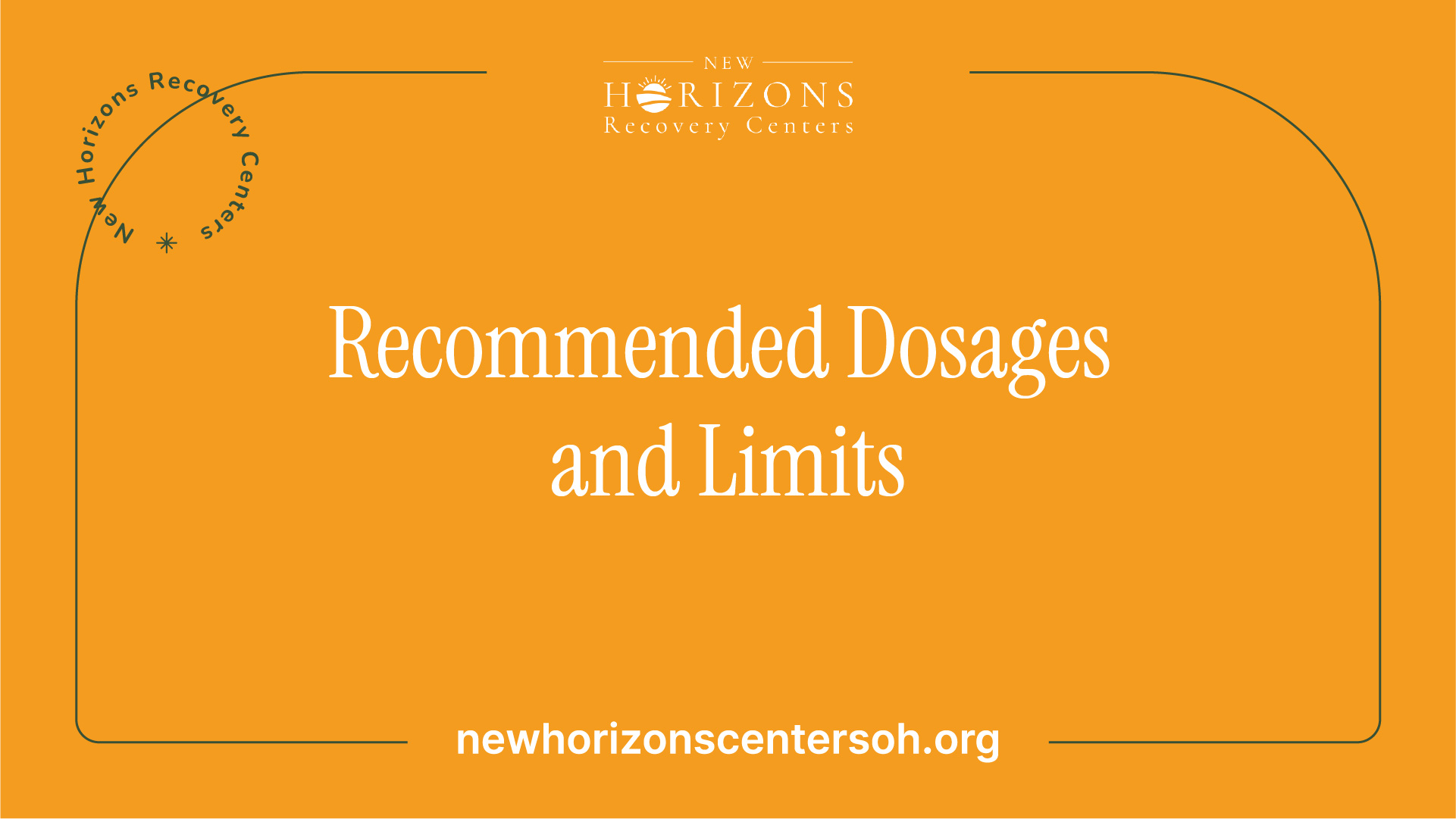
Acetaminophen Dosage Guidelines
The recommended maximum daily dose of acetaminophen for adults is 3,000 mg. It is important to keep track of the acetaminophen content in any combination medications you may be taking to ensure that you stay within this daily limit. Taking more than 4,000 mg of acetaminophen in a 24-hour period may lead to severe liver damage. It is crucial to follow the dosing instructions provided by the manufacturer and consult with a healthcare professional if you have any concerns or questions.
The labeled maximum daily dose for single-ingredient TYLENOL® Extra Strength (acetaminophen) products in the US was lowered from 8 pills/day (4,000 mg) to 6 pills/day (3,000 mg) in 2011. The dosage interval also changed from 2 pills every 4 to 6 hours to 2 pills every 6 hours [6].
Safe Consumption Practices
While it is generally safe to have one or two drinks around the same time that you take an occasional dose of acetaminophen, it is important to exercise caution and follow safe consumption practices. Most people can safely take acetaminophen and alcohol together as long as they take typical doses of acetaminophen and only combine them occasionally. Drinking alcohol in moderation is also crucial. Moderate alcohol consumption is defined as having no more than three drinks per day.
It is essential to note that individual factors, such as overall health, liver function, and the presence of other medical conditions, can affect how acetaminophen and alcohol interact in the body. Therefore, it is always best to consult with a healthcare professional for personalized guidance regarding the specific combination of acetaminophen and alcohol.
In a study where participants took either 4,000 mg of acetaminophen per day or a placebo for three days after recent heavy alcohol use, the acetaminophen group experienced no liver damage during the study. This study suggests that acetaminophen use after drinking alcohol is generally safe for most people. However, it is important to exercise caution and avoid frequent or excessive use of acetaminophen in combination with alcohol.
By following the recommended dosage guidelines, practicing safe consumption habits, and seeking guidance from healthcare professionals when needed, you can ensure the responsible use of acetaminophen while considering its interaction with alcohol.
Timing Considerations
When it comes to taking acetaminophen after consuming alcohol, timing is an important consideration. Understanding how long alcohol stays in the system and determining the appropriate timing for taking acetaminophen is crucial to ensure your well-being.
How Long Alcohol Stays in the System
The length of time alcohol remains in the system can vary based on several factors, including age, gender, body composition, and overall health. On average, the body processes alcohol at a rate of one standard drink per hour. However, the duration alcohol stays in the system can vary from person to person.
After consuming alcohol, it is rapidly transported throughout the entire body via the bloodstream. The liver plays a vital role in metabolizing alcohol, processing approximately one ounce of liquor (or one standard drink) per hour. Any excess alcohol that cannot be immediately metabolized accumulates in the blood and tissues until the liver can process it. This process typically takes about one hour per standard drink [7].
While alcohol can be detected in the breath and saliva from 12 to 24 hours after consumption, it can be detected in hair, particularly at the root, for up to 90 days after a person has stopped drinking [8]. It's important to note that these detection times can vary depending on the individual and other factors.
Timing of Acetaminophen After Drinking
When it comes to taking acetaminophen after consuming alcohol, it's generally safe to do so if you follow recommended guidelines. Most people can take acetaminophen and alcohol together without significant issues as long as they take typical doses of acetaminophen and only combine them occasionally [5].
However, it's important to exercise caution and avoid excessive or frequent use of acetaminophen in combination with alcohol. Excessive or prolonged use of both substances can pose risks to the liver. If you have concerns or questions, it's always best to consult with a healthcare provider for personalized guidance.
Remember, everyone's body processes alcohol and medications differently. If you have any doubts or are unsure about the timing of taking acetaminophen after drinking, it's advisable to err on the side of caution and wait until alcohol has been fully metabolized and cleared from your system.
Monitoring your alcohol consumption and practicing safe habits is crucial for maintaining your health. If you have specific concerns about drinking and medication interactions, consult with your healthcare provider to ensure your safety and well-being. For more information on alcohol-related topics, such as drinking and pregnancy or alcohol and Nyquil interactions, refer to our other informative articles.
Safety Precautions
When it comes to taking acetaminophen after drinking, there are important safety precautions to keep in mind. Monitoring alcohol consumption and being aware of the risks for specific groups can help ensure the safety and well-being of individuals.
Monitoring Alcohol Consumption
Alcohol can significantly affect the liver and contribute to various liver diseases, including fatty liver, alcoholic hepatitis, and cirrhosis. For individuals with alcohol-associated liver disease and cirrhosis, it is crucial that they completely avoid consuming any alcohol, as even small amounts can have severe consequences.
When it comes to taking acetaminophen, it is important to consider the potential risks of combining it with alcohol. Alcohol increases the activity of the CYP2E1 liver enzyme, leading to the production of more NAPQI toxin. Additionally, alcohol decreases glutathione production, making it more likely for NAPQI to build up in the liver in dangerous concentrations when combined with acetaminophen.
To ensure safe consumption, it is recommended to adhere to the maximum daily doses of acetaminophen. The recommended maximum daily dose for over-the-counter acetaminophen is 3,000 mg per day. It is important to read labels carefully and consider any acetaminophen content in combination medications when calculating the daily total.
Risks for Specific Groups
Certain individuals are at an increased risk of liver damage when combining alcohol and acetaminophen. This includes those with pre-existing liver damage or liver failure, who should avoid both alcohol and acetaminophen.
Additionally, pregnant individuals should avoid alcohol altogether due to the potential risks it poses to the developing fetus. It is important to consult with a healthcare provider regarding the safe use of acetaminophen during pregnancy, as they can provide personalized guidance based on individual circumstances.
By monitoring alcohol consumption and being aware of the risks associated with alcohol and acetaminophen, individuals can take necessary precautions to protect their liver health. It is always recommended to consult with a healthcare provider to discuss any concerns or questions regarding the use of acetaminophen after drinking. They can provide personalized guidance based on individual health conditions and medications being taken.
Expert Recommendations
When it comes to the question of how long after drinking can one take Tylenol or acetaminophen, there are some expert recommendations to consider. While it is generally safe to have one or two drinks around the same time as taking an occasional dose of acetaminophen, it is important to follow certain guidelines and consult a healthcare provider for personalized advice.
Healthcare Provider Guidance
Individuals should always consult a healthcare provider for specific guidance regarding the timing of taking acetaminophen after drinking alcohol. A healthcare provider can take into account an individual's medical history, current medications, and any existing liver conditions to provide personalized advice. Certain people are at an increased risk of liver damage from combining alcohol and acetaminophen, such as those with liver damage or liver failure. For these individuals, it is generally advised to avoid both alcohol and acetaminophen.
It is important to adhere to recommended dosages of acetaminophen and avoid excessive or prolonged use. The maximum daily dose of over-the-counter acetaminophen is typically 3,000 mg per day, including any acetaminophen found in combination medications. It is crucial to read and follow the instructions on the medication label and consult a healthcare provider if there are any concerns.
Balancing Acetaminophen and Alcohol
Studies have shown that, for most people, taking the recommended dose of acetaminophen after consuming alcohol in moderation is generally safe. One study found that participants who took 4,000 mg of acetaminophen per day for three days after recent heavy alcohol use did not experience liver damage during the study [5]. However, it is important to note that individual responses to alcohol and acetaminophen may vary, and it is always advisable to exercise caution.
To maintain safety, it is recommended to drink alcohol in moderation, which means having no more than three drinks per day. Additionally, avoiding excessive or prolonged alcohol consumption and using acetaminophen only as directed can help reduce the risk of potential interactions or liver damage. If there are concerns about the combination of alcohol and acetaminophen, or if there is a need for regular or prolonged use of acetaminophen, it is best to consult a healthcare provider for personalized guidance.
It is important to remember that the information provided here is for general guidance, and individual circumstances may require different approaches. Always consult a healthcare provider or pharmacist for personalized advice based on specific health conditions and medications.
FAQs
1. How long should you wait to take Tylenol after drinking alcohol?
After heavy drinking, it’s best to wait at least 24 hours before taking Tylenol to reduce the risk of liver strain, avoiding the potential damage.
2. Can you mix Tylenol and alcohol?
Mixing Tylenol and alcohol is unsafe because both substances stress the liver, increasing the risk of serious liver damage, toxicity, or failure if taken together, especially in higher amounts.
3. Can you take Tylenol and drink alcohol after?
It’s generally advised not to take Tylenol and drink alcohol right after. Waiting at least a full day helps protect your liver from unnecessary stress and harm.
4. Why is Tylenol and alcohol combination dangerous?
Tylenol and alcohol both affect the liver significantly. Combining them increases the chance of liver toxicity, damage, and long-term health problems, especially with frequent or heavy use together.
5. How long to wait if drinking moderately before Tylenol?
If you’ve only had one or two drinks, it’s safest to wait several hours before taking Tylenol, giving your liver enough time to process the alcohol.
Learn Safe Strategies for Managing Medication and Recovery
Understanding how alcohol interacts with medications like Tylenol is crucial for protecting your health and supporting your recovery journey. At New Horizons Recovery Centers, we guide individuals through safe, evidence-based practices while addressing substance use and co-occurring mental health conditions.
Our compassionate team provides personalized SUD and dual diagnosis treatment in Ohio and Pennsylvania, helping clients build healthy routines and make informed choices. We focus on practical strategies to reduce risk and promote overall well-being. Contact us today to explore how our comprehensive programs can support your path to lasting recovery.
References
- [1]: https://www.tylenol.com/safety-dosing
- [2]: https://www.mayoclinichealthsystem.org
- [3]: https://www.medicalnewstoday.com
- [4]: https://www.healthline.com/health/pain-relief
- [5]: https://www.goodrx.com/acetaminophen
- [6]: https://www.tylenolprofessional.com
- [7]: https://www.alcoholrehabguide.org/alcohol
- [8]: https://health.clevelandclinic.org
- [9]: https://www.nm.org/healthbeat/healthy-tips
- [10]: /drinking-and-pregnancy


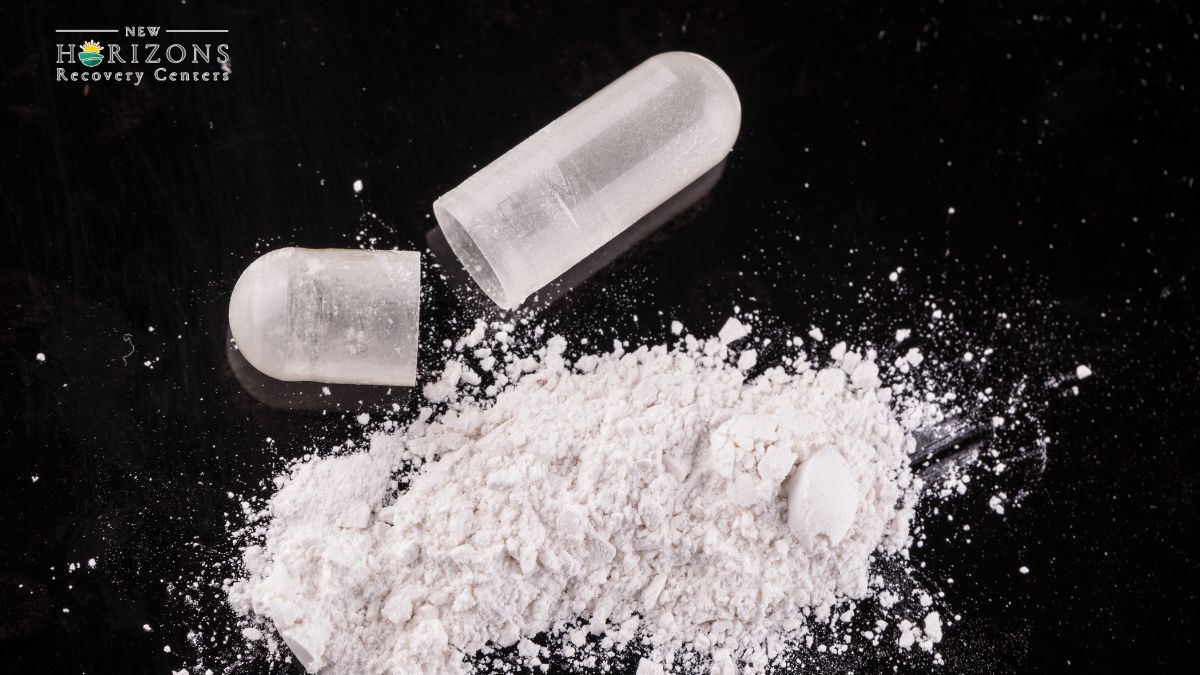

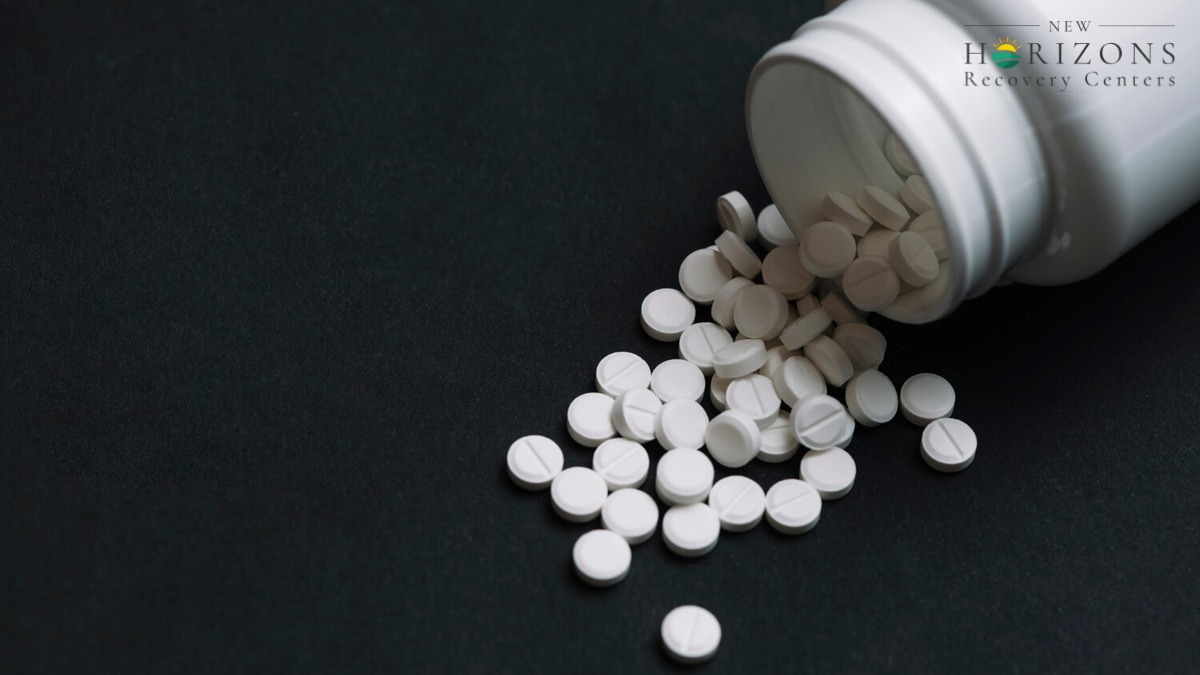
-ink.jpeg)
-ink.jpeg)
